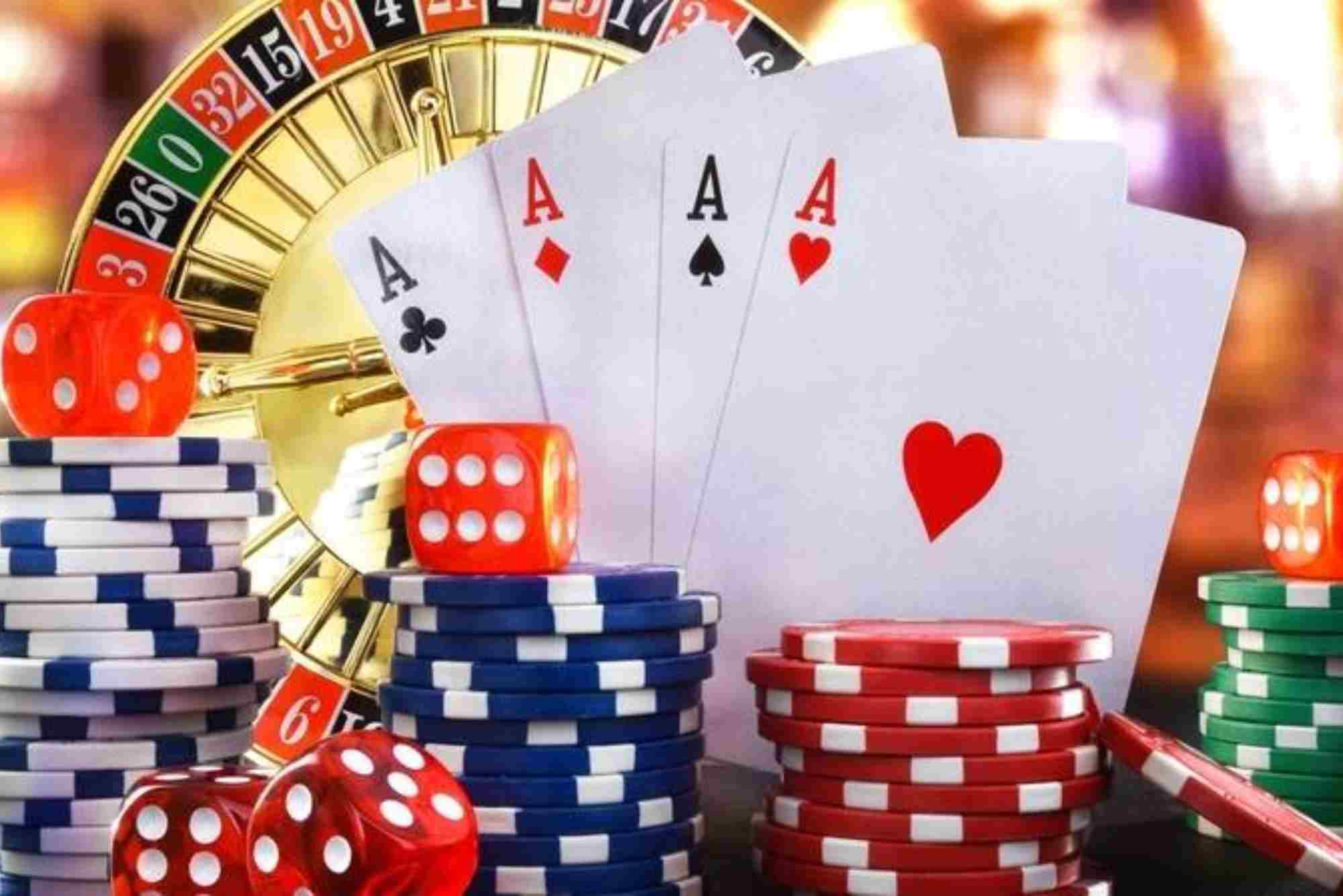The lure of online slots is undeniable. Simple to play, flashy in design, and often offering life-changing jackpots, they have become one of the most popular games in the online gambling industry. Yet, a persistent question arises among curious players: can mathematics really beat online slots?
It’s not an unreasonable thought. After all, mathematics governs everything in gambling, from the probabilities of roulette spins to the expected value of blackjack hands. Surely the same applies to slot machines. And while math does hold the key to understanding these games, whether it can truly help players “beat” them is another story.
How Slots Are Built on Mathematics
Every slot game, whether in a land-based casino or online, is powered by random number generators (RNGs). These algorithms ensure that every spin is independent and unpredictable. In practice, this means no matter how many times you spin, the next result has nothing to do with the previous one.
This independence is what makes online slots exciting but also what makes them so difficult to beat mathematically. Unlike blackjack or poker, where skill and probability can influence outcomes, slots are almost entirely governed by chance.
What you can calculate, however, is the return-to-player percentage (RTP). This figure, expressed as a percentage, tells you how much of the total money wagered a slot is expected to pay back to players over time. For example, a slot with a 96% RTP will theoretically return £96 for every £100 wagered—though in practice, short-term results vary wildly.
The Illusion of Strategy
If you’ve spent time on forums or YouTube channels dedicated to gambling, you’ll find endless “strategies” for beating slots. Some suggest timing your bets, others recommend shifting machines after a certain number of spins. But the harsh reality is that these strategies do not alter the underlying mathematics.
Slots are not programmed to “pay out” after a set number of spins. Instead, their outcomes are randomized in such a way that no pattern can be reliably predicted. The so-called strategies are often illusions, appealing to our natural desire to control randomness.
Where Mathematics Helps: Bankroll Management
That doesn’t mean mathematics is useless in slots. Far from it. While you can’t manipulate outcomes, you can use math to manage your bankroll more effectively.
For instance, by calculating the average bet size, RTP, and volatility of a slot, you can estimate how long your money might last. High-volatility slots may offer bigger wins, but they also create longer losing streaks. Low-volatility games provide more frequent, smaller payouts, which can extend playtime.
Understanding these dynamics doesn’t guarantee a profit, but it does give you a framework for choosing games that align with your goals—whether that’s chasing big jackpots or enjoying steady entertainment.
The Role of Probability and Jackpot Dreams
Progressive jackpot slots add another mathematical twist. In these games, a small percentage of each bet contributes to a growing jackpot, sometimes reaching millions. The probability of hitting such a jackpot is astronomically low, but the potential payout keeps players engaged.
Here, mathematics can help players understand just how unlikely such wins are. In many cases, the odds are comparable to winning a lottery. While this doesn’t deter players, having a realistic perspective can help keep expectations grounded.
Can Advanced Math or Systems Work?
Some players wonder whether advanced mathematical systems—like card counting in blackjack—could ever work in slots. The answer is almost universally no. Because every spin is independent and governed by RNGs, there’s no cumulative memory to exploit.
Even if you tracked thousands of spins, the next outcome would remain entirely random. Slot machines are designed this way to ensure fairness while protecting the house edge.
The Modern Shift: Online Platforms and Payments
The rise of online casinos has made slots more accessible than ever. Alongside convenience comes variety—thousands of different games, each with its own themes, RTPs, and volatility levels.
Interestingly, the rise of digital payments has also influenced how people approach slots. In regions like the UK, more players are experimenting with alternatives such as crypto casinos uk, where cryptocurrency transactions provide speed and anonymity. While payment methods don’t change the underlying math of the game, they do alter how players interact with platforms and manage their funds.
Why Mathematics Alone Can’t Beat Slots
Ultimately, mathematics explains how slots work but doesn’t give players a way to beat them consistently. The house edge is built into every game, and while RTPs give a sense of long-term returns, the randomness of spins ensures unpredictability.
What math does provide is insight. It helps players recognize myths, manage their bankrolls, and make informed choices about the types of games they want to play. In that sense, mathematics doesn’t beat the slots—it helps players beat misconceptions.
Final Thoughts
So, can mathematics really beat online slots? The short answer is no. Slots are games of chance, designed to be unpredictable and unexploitable. But that doesn’t mean math has no role. By understanding RTP, volatility, and probability, players can approach slots with realistic expectations and a strategy for managing their money.
In my experience, the healthiest approach is to view slots as entertainment rather than a reliable path to profit. Mathematics won’t give you an edge over the machine, but it can help you play smarter, longer, and with a clearer perspective on what’s possible—and what isn’t.








